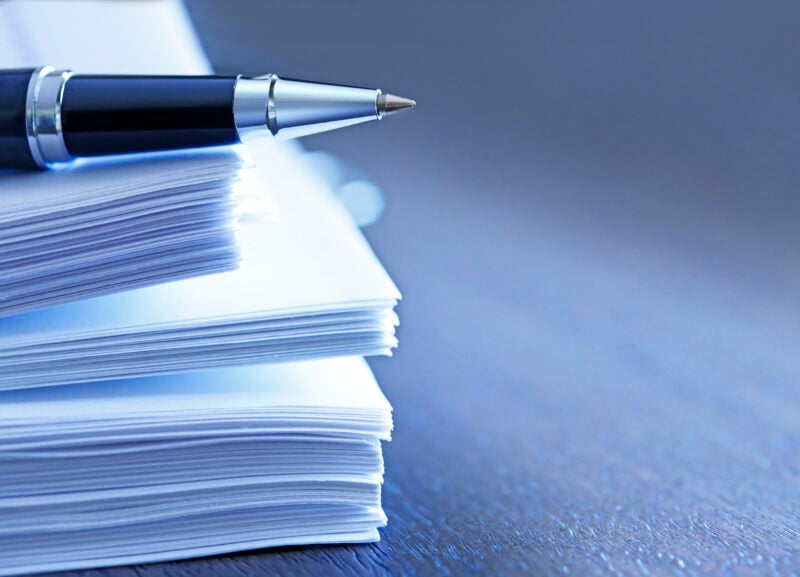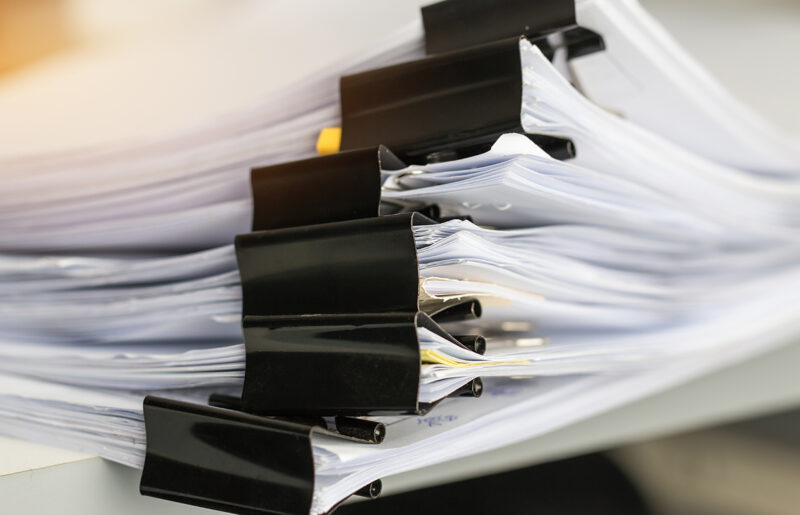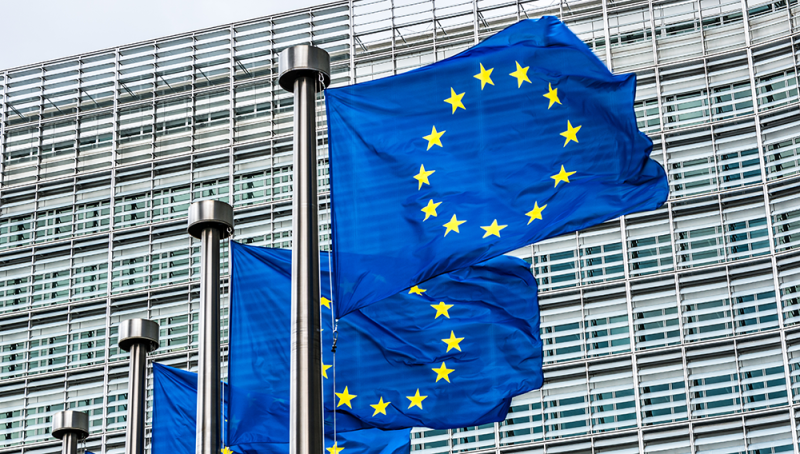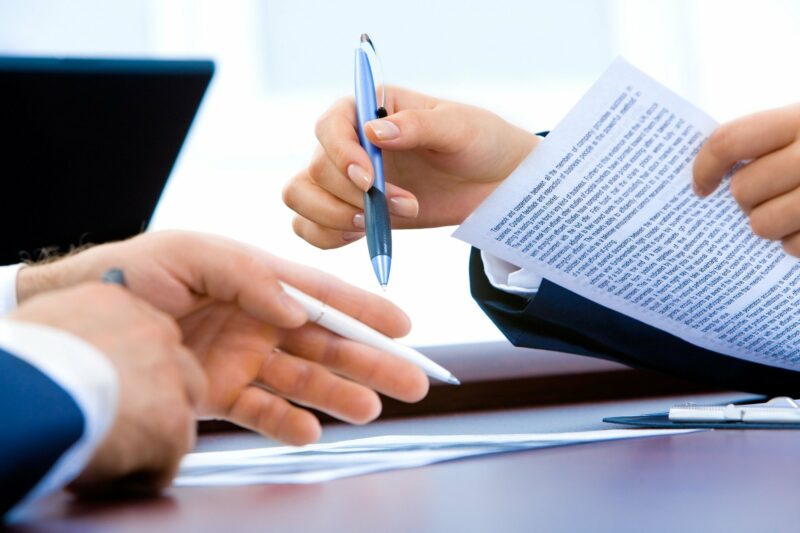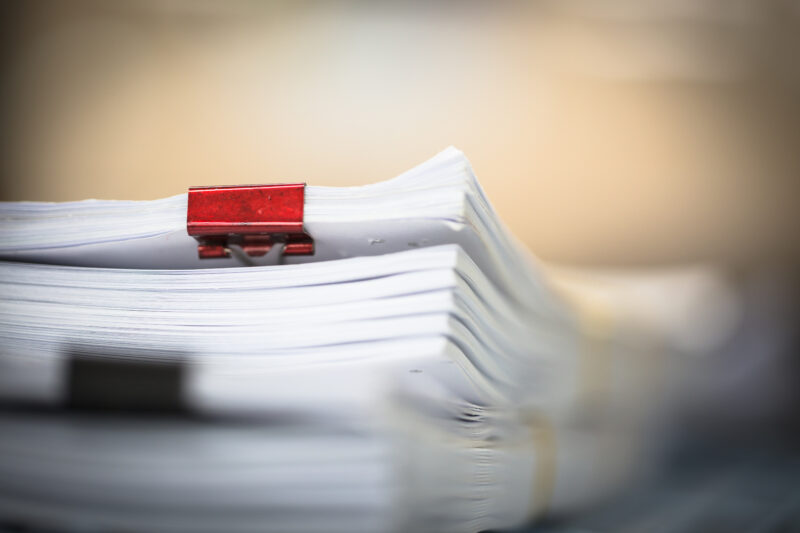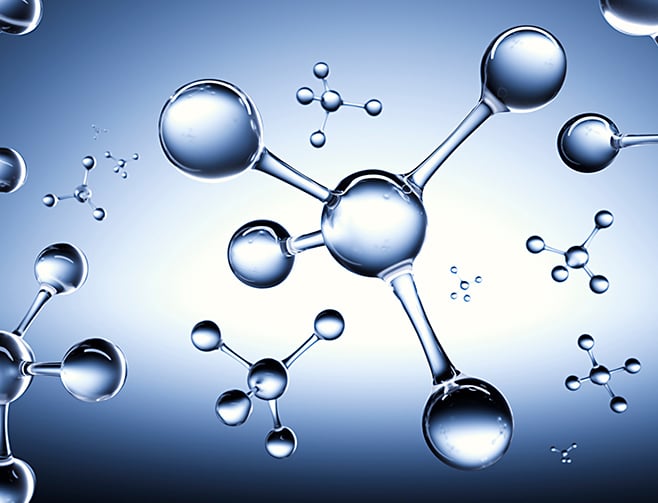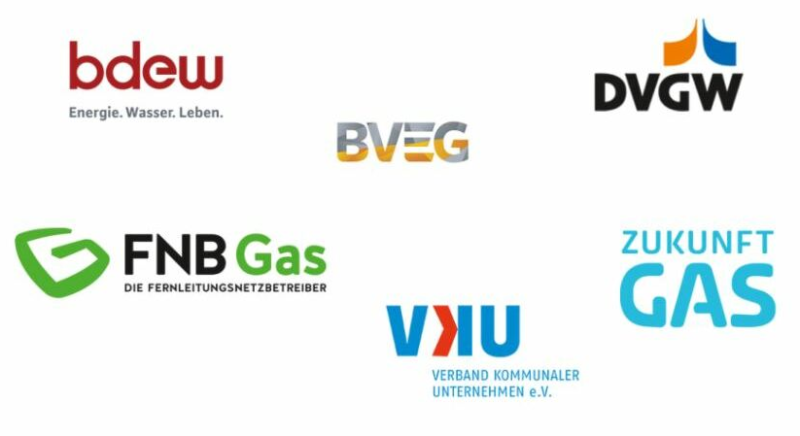BVEG Position | 2. November 2022
#Methan#Positionen & Stellungnahmen
Statement der nordeuropäischen Verbände der Öl- und Gas-Produzenten zu der EU-Verordnung zur Reduzierung der Methanemissionen im Energiesektor
Offshore Norge, Dansk Offshore, Element NL, BVEG und Offshore Energies UK vertreten die Öl- und Gasproduzenten in Nordeuropa. Als solche begrüßen und unterstützen wir das Ziel der Europäischen Kommission, (i) die Verfügbarkeit, Qualität und Zuverlässigkeit der globalen Methanemissionsdaten zu verbessern, (ii) sicherzustellen, dass betriebliche Routinen eingeführt werden, um die Emissionen zu minimieren und (iii) importierte Emissionen von internationalen Betreibern zu reduzieren.
Die Methanemissionen aus der Öl- und Gasproduktion sind gering und werden bereits jetzt durch Systeme, Prozesse und Instrumente, die auf Sicherheitsrisiken ausgerichtet sind, minimiert. Das Aufspüren von Methanleckagen und die Reparatur dieser Leckagen sind ein natürlicher Bestandteil des Routinebetriebs in der Öl- und Gasproduktion. Die EU-Methanverordnung wird ein zusätzliches wertvolles Instrument sein, um die Emissionen eines der stärksten Treibhausgase in Europa noch weiter zu reduzieren, aber sie muss auch sicherstellen, dass die vorgeschriebenen Maßnahmen die beabsichtigten Reduzierungen bewirken. Zu diesem Zweck muss die Verordnung verhältnismäßig, praktikabel und durchführbar sein.
The Northern Europe upstream oil and gas industry supports the aim of the EU methane regulations
Offshore Norge, Dansk Offshore, Element NL, BVEG and Offshore Energies UK represent the upstream oil and gas sector in North Europe. We welcome and support the European Commission’s objective to (i) improve the availability, quality, and reliability of global methane emission data, (ii) ensure that operational routines are put in place to minimize emissions and (iii) reduce imported emissions from international operators.
The methane emissions from upstream oil and gas activities are low, minimised due to the implementation of systems, processes and tools that target safety risks. Detecting methane leakages and repairing the leaks are a natural part of routine operations. The EU methane regulation will be a valuable tool for even further reducing the emissions in Europe of one of the most potent greenhouse gases, but it needs to ensure that each mandated activity will deliver the intended reductions. To this end, the regulation should be proportionate, practicable and achievable.
We refer you to the comments from IOGP. We would, however, like to highlight the following suggestions:
• Source specific methane emission quantification, performed in accordance with prevailing guidelines, is more reliable for annual emission reporting than instant measurements. The purpose of direct measurement should be to verify and improve quantification of methane emissions from oil and gas production; not replacing the engineering quantification methodologies.
• Extensive and high-frequency Leak Detection and Repair (LDAR) surveys of all relevant components regardless of the potential leak rate is not an effective way to reduce methane emissions. The frequency of LDAR surveys needs to be commensurate to potential leak rates and thus the potential contribution to emission reduction. The focus should be on detection technologies and actions that contribute most to reducing emissions.
• The scope of the regulations should be limited to methane emissions directly to the atmosphere.
• Installing measurement equipment at thousands of inactive wells will be disproportionate. The leak integrity of plugged and abandoned wells is already integrated in the national plugging requirements. Therefore, the definition of inactive wells should explicitly exclude permanently and temporarily plugged wells.
We welcome any opportunity to support this important work and deliver our shared goal to reduce methane emissions from oil and gas operations.
CEO Deirdre Michie,
OEUK Chairman Menno Snel, Element NL
CEO Ludwig Möhring, BVEG,
CEO Hildegunn Blindheim,
Offshore Norge CEO Martin Næsby, Dansk Offshore
Kontakt:
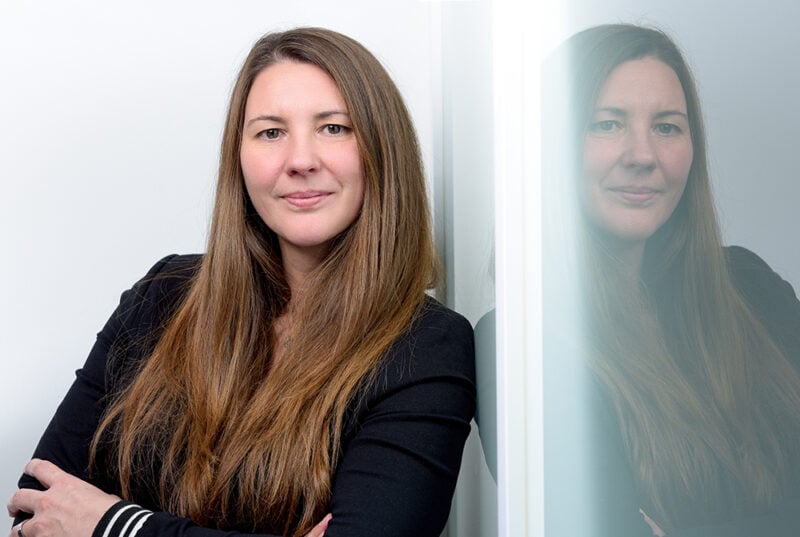
Johanna Brandtner
















